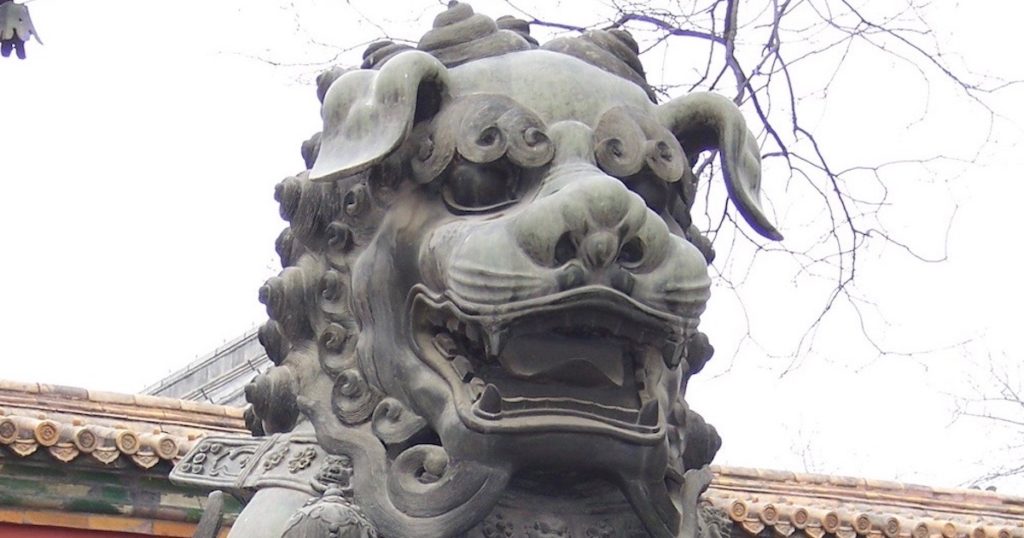 Culture & Ethics
Culture & Ethics
 Medicine
Medicine
China Credibly Accused of Organ-Harvesting Atrocity


Last week, the Independent Tribunal into Forced Organ Harvesting from Prisoners of Conscience in China issued its final report concluding that China engages in the systematic human-rights atrocity of killing political and other prisoners and harvesting their organs. (I wrote about the preliminary report here.) It is a horrific account to which woefully inadequate attention has been paid.
Shocking Evidence
Over more than 500 detailed pages, the report presents shocking evidence of horrific human-rights abuses, including from witness testimony, analyses of public records, and reviewing of scholarly reports. The question presented could not be more disturbing. From the final “Judgment”:
If the accusations are true, then thousands of innocent people have been killed…having their bodies — the physical integrity of their beings — cut open while still alive for their kidneys, livers, hearts, lungs, cornea and skin to be removed and turned into commodities for sale.
Those innocents were killed by doctors simply because they believed, for example, in truthfulness, compassion, and forbearance and lived lives of healthy exercise and meditation and because the way they lived was seen as dangerous to the interests and objectives of the totalitarian state of the People’s Republic of China. And yet the People’s Republic of China has done little to challenge the accusations except to say that they were politically motivated lies.
The Judgment convincingly concludes that China is guilty as charged. According to the report, beginning at page 415, there are four methods by which China kills prisoners and harvests their organs.
- Organ harvesting from prisoners incompletely executed by shooting;
- Organ harvesting from prisoners after lethal injection;
- Execution by organ explantation (killing by organ harvesting);
- Organ harvesting under the pretext of brain death (taking organs from people not really dead).
The question becomes, what, if anything, will be done about it? So far, the depressing answer is, “Not much.” Oh, the U.S. has imposed certain sanctions. But, as the old saying goes, that and six bits will buy you a cup of coffee.
A Role for the Private Sector
Under the current circumstances, the private sector may possess greater soft power than governments to mitigate this evil. Remember when corporations tripped over each other to threaten Indiana with loss of business for passing the Religious Freedom Restoration Act, which critics claimed was discriminatory against the LGBT community? Remember when private companies threatened to pull out of South Carolina for its transgender “bathroom” law?
China’s abuses are exponentially worse. So, why haven’t these companies threatened the same “canceling” of China for its truly heinous and murderous human-rights abuses?
We all know that the answer is money. Far more is at stake for these companies in China than ever was in Indiana and South Carolina.
But that road flows both ways. China needs our private sector more than these companies need them, meaning that enterprises such as Apple, Nike, and Boeing may have greater ability to save persecuted Chinese than the United States Department of State.
The time has come for public pressure to be placed on these companies to put their business decisions where their PR departments claim their values are. We could start with appropriate Congressional committees holding hearings on this issue and inviting CEOs of these companies to attend and answer some pointed questions.
Photo credit: McKay Savage [CC BY 2.0], via Wikimedia Commons.
Cross-posted at The Corner.
